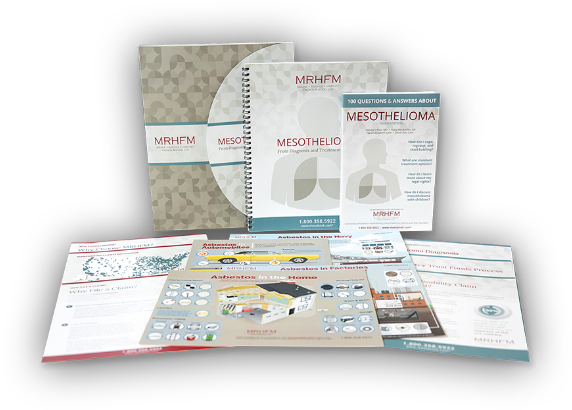A clinical-stage biopharmaceutical company has announced that it has licensed a next-generation immunotoxin called LMB-100 from the Center for Cancer Research (CCR) at the National Cancer Institute (NCI), part of the National Institutes of Health (NIH). The company, Selecta Biosciences, Inc., says that the immunotoxin “contains a potent bacterial toxin that binds to mesothelin, a protein expressed in all mesotheliomas, pancreatic adenocarcinomas, and a high percentage of other malignancies, including lung, breast, and ovarian cancers.”
Said Werner Cautreels, President, CEO and Chairman of Selecta, “this marks yet another major milestone for Selecta as we execute on our strategy to enable a range of proprietary, non-immunogenic biologic therapies using our proprietary immune tolerance platform. By in-licensing this promising clinical-stage product candidate, we are extending our footprint to include oncology, where the efficacy of many biologic treatments is hampered by immunogenicity.”
Based on preclinical work with NCI, Cautreels believes that a combination treatment of the company’s proprietary SVP-Rapamycin and LMB-100 “may allow patients with rare, serious and aggressive forms of cancer to tolerate and benefit from multiple immunotoxin treatment cycles.” Two clinical trials of LMB-100 in patients with mesothelioma and pancreatic cancer are currently underway at the CCR. The trials are intended, in part, to help define the maximum tolerated dose.
Sources
Biosciences, Selecta. "Selecta Biosciences Obtains License for Recombinant Immunotoxin LMB-100 from National Cancer Institute (NCI) for Pancreatic Cancer, Mesothelioma and Other Cancers." GlobalNewswire. GlobeNewswire, Inc. a Nasdaq Company, 02 May 2017. Web. 06 June 2017.






